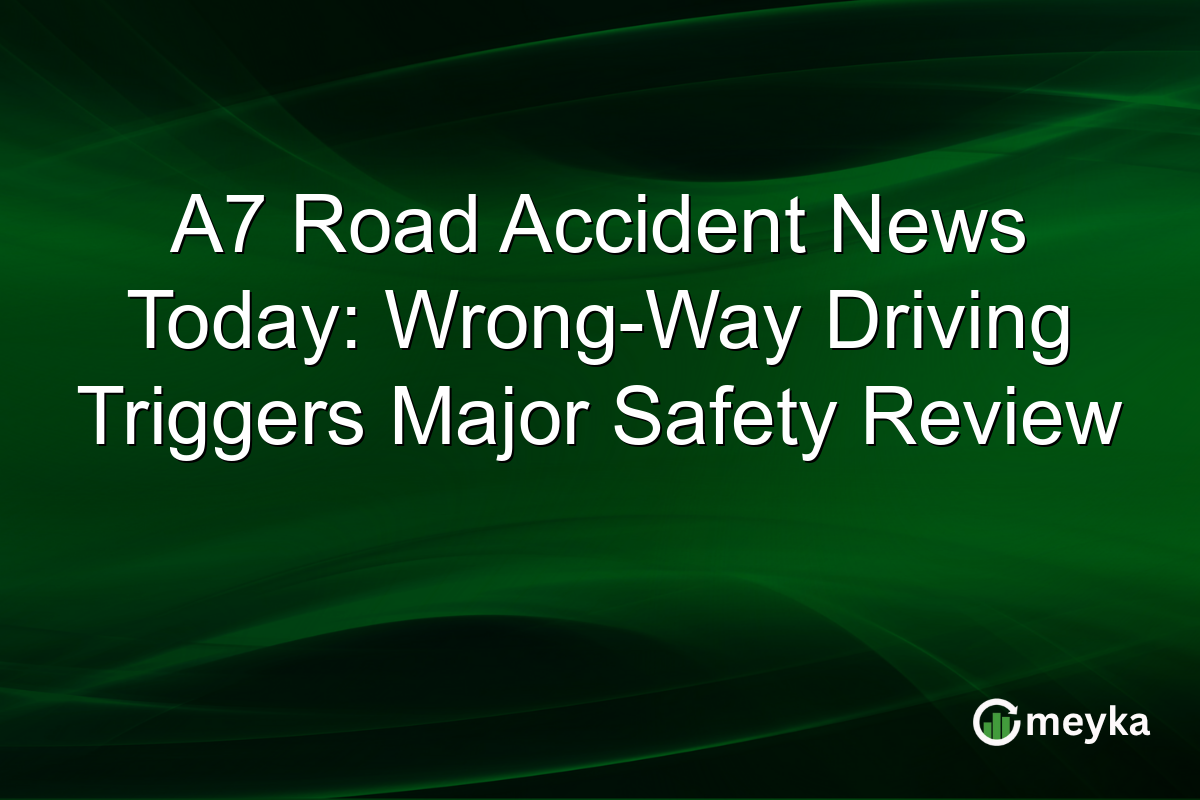A7 Road Accident News Today: Wrong-Way Driving Triggers Major Safety Review
Today, a surge in wrong-way driving incidents along Switzerland’s A7 motorway has garnered significant attention. In the past 24 hours, a fatal accident prompted authorities to scrutinize traffic safety measures. Situated near the German border, this busy route has become a focal point for road safety debates. Concerns are rising about infrastructure, driver awareness, and policy actions needed to protect both Swiss and cross-border commuters.
Continue Reading on Meyka
This article is available in full on our main platform. Get access to complete analysis, stock insights, and more.
Read Full Article →





